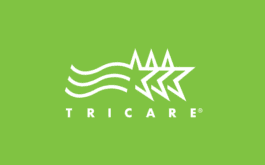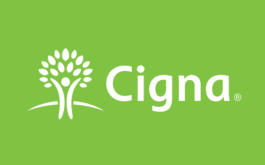Eating Disorder Levels of Care
What Levels of Care Means & Why It’s Important
Everyone’s journey to wellness is different and eating disorder treatment can start at any level. The ideal level of care to start at for you or a loved one will depend on the seriousness of the symptoms. Think of it as moving up and down a staircase: some people need to go to the top of the staircase for residential (RTC) care, then eventually “step down” to partial hospitalization (PHP). Or a person starts at intensive outpatient (IOP) and may need more support, so they “step up” to PHP or RTC.
Once you or a loved one complete an assessment with us, we’ll recommend the appropriate level of care. Ultimately, a clinician recommends which treatment is best but it’s good to understand what to expect from each one when deciding when to get care.
Residential Treatment (RTC)
- 24/7 supervision and support in a highly structured therapeutic setting that includes therapy sessions, family sessions, psychiatrist visits & more
- RTC lasts approximately 40 days or more, depending on the clinical recommendation and insurance coverage
- Round-the-clock treatment is done in a homelike environment, making it more suitable to practice coping skills and is best for severe symptoms
Partial Hospitalization (PHP)
- Programming is for a full day, 6-8 hours per day, 5-6 days per week; lasts 5 weeks or more, depending on the clinical recommendation and insurance coverage
- Typically, PHP is a step-down treatment after RTC care; it has identical programming to RTC but with a more flexible schedule
- Patients have more opportunities to practice what they have learned in therapy in places outside of treatment
Intensive Outpatient (IOP)
- Programs are available morning, afternoon or evening for 3-4 hours per day, 3-5 days per week; lasts 6 weeks or more, depending on the clinical recommendation and insurance coverage
- IOP is a supportive environment where patients can connect with peers
- Treatment provides a schedule that’s convenient for people who work, go to school or have other daily obligations













